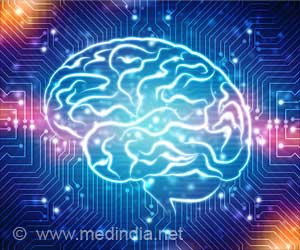Risk of dementia in the next two years may be predicted by artificial intelligence (called machine learning) with 92% accuracy among those who attend memory clinics, as per a large-scale study at the University of Exeter, published in JAMA Network Open.
The team used data from more than 15,300 US patients between 2005 and 2015, who attended a network of 30 National Alzheimer’s Coordinating Center memory clinics in the US. Although participants did not have an initial diagnosis of dementia, they had memory problems or other brain deficits.
‘Risk of dementia in the next two years may be predicted by artificial intelligence with 92% accuracy among those who attend memory clinics.’
It was found that the technique was efficient to spot the hidden patterns in the data and predict those at risk.
Moreover, the study also found that nearly 8% (130) of the dementia diagnoses appeared to be made in error, as their diagnosis was subsequently reversed. These inconsistencies were accurately identified by the machine learning models with more than 80% precision.
“We’re now able to teach computers to accurately predict who will go on to develop dementia within two years. We’re also excited to learn that our machine learning approach was able to identify patients who may have been misdiagnosed. This has the potential to reduce the guesswork in clinical practice and significantly improve the diagnostic pathway, helping families access the support they need as swiftly and as accurately as possible,” says Professor David Llewellyn, an Alan Turing Fellow based at the University of Exeter, who oversaw the study.
Source: Medindia



